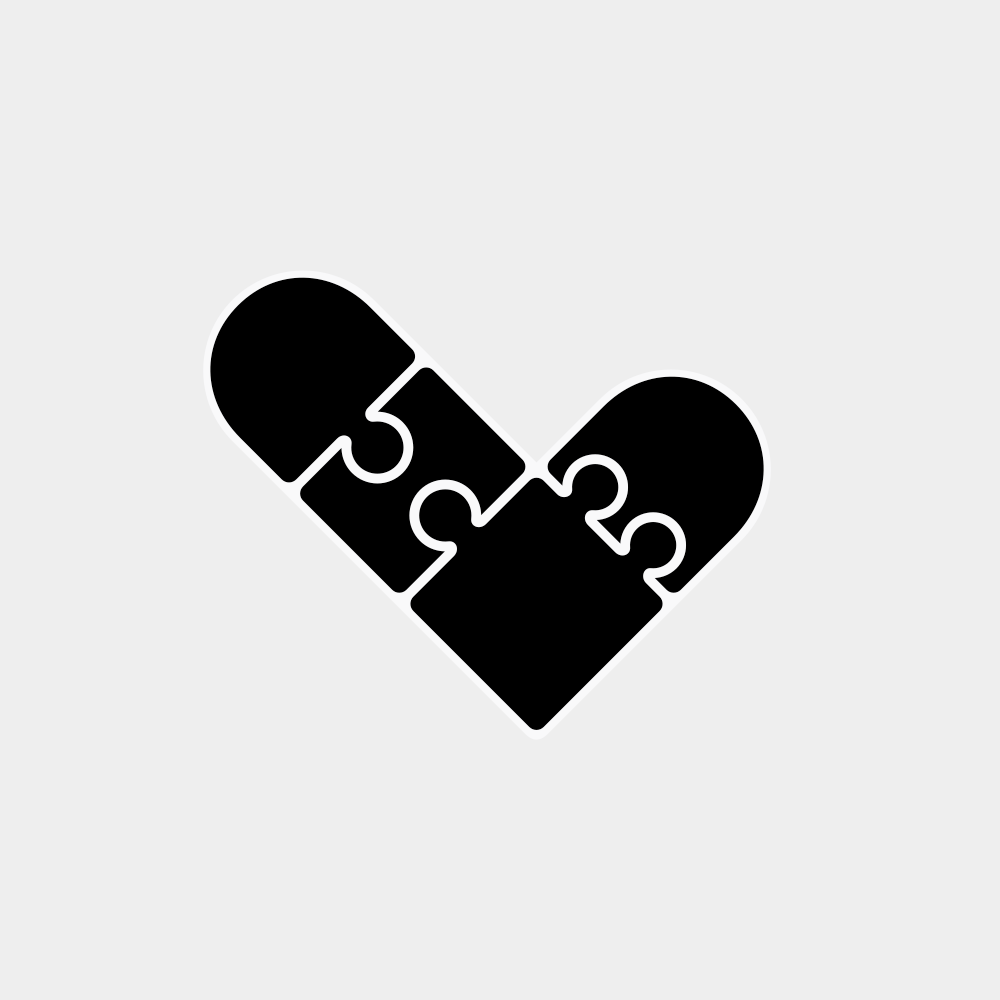Dating apps, take one
For most of my life, I have not been so open to the idea of using technology to find romantic relationships. Coming from a culturally conservative background, dating itself could only happen under very specific and limited circumstances. Moving past that, a lifetime of experience with computers and everything digital filled me with distrust towards matching systems whether old-school (long questionnaires leading to compatibility rates) or the swiping systems (the 'Hot or Not' game somehow still prevalent today), a perspective that can be summarized as 'machines are stupid'. I decided to give it a try towards the end of 2020 as I was feeling isolated during the pandemic, mostly as a way to make friends and meet new people (which might have been counter-intuitive given the context).
This was my first attempt ever at using dating apps, and I was in Brasília (the capital city of Brazil) between various upper middle-class neighbourhoods with preference for those who conform to something (padrão) that I don't really do well. I tried five of the more popular apps: Tinder, which I loath, but it's where most of the people are and therefore fairly diverse; Bumble, where women make the first move in heterosexual matches, but not as well-used; OkCupid, with more opportunities to be thoughtful in how you present yourself; Happn, highly location-based (literally who passed you by), where I had a handful of calls with fairly sincere people; and Inner Circle, for rich people, where I made somewhere between one and zero matches.
All of them (and likely even most of the ones I didn't try) focus on photos and swiping left or right to indicate intent, while trying to inject random bits of serendipity though game-like mechanisms—like chicken sexing, but maybe more fun. A multiplicity of ways to portray oneself is sacrificed in the name of speed, favouring visual representations and perception through those signals. This might be fine in specific contexts, but when universally applied, mainstream stereotypes of beauty tend to dominate everyone's experience, which pressures people perceived as 'abnormal' to conform, or floods them with noise. I don't think most people realize how much technology steers culture towards certain outcomes: an app starts with affordances for visual communication, then as it grows, we influence each other to do what succeeds in that format; when that shifted culture becomes our new baseline for how billions of people relate to one another, what does it say about our agency, or ability to be intentional in how we shape our world? The emphasis on photos turned me off to the point that I would reflexively tune out attractive people if they seemed to project affluence or a sort of 'mass-market beauty'. The swipe gestures are also error-prone, probably ableist, and not always consistent between apps; there's more than one way to do this, and I hope the well-paid developers of these apps explore a greater vocabulary of matching than 'left or right', perhaps attempt to approximate the spectrum of possibilities in meatspace. When I asked women (sometimes from these apps, sometimes from my own circles) about their experiences using these apps, they seemed to commonly receive too much of what they don't want from people they don't want to engage with—maybe this approach isn't working for everyone? What if, in addition to pictures, you could hear the person describe themselves (like a sort of answering machine greeting)? How would changing the velocity of selecting between profiles impact how much attention we give to each one? What would it look like if apps encouraged us to be vulnerable or authentic?
I managed to have some good experiences despite the shortcomings of these apps, but the connections generally felt disposable. One of my favourite words in Portuguese is 'correria' (translatable as 'rush' or 'scramble': imagine lots of people frantically running around), and for me, it describes the feeling of everyone simultaneously texting dozens of people; it's hard for me to have more meaningful exchanges this way (I'm 'slower'), and having infinite options makes it 'cheaper' for everyone (including myself) to cast a wider net. My months of exploring these apps could be quantified as: hundreds of messages with thirty to fifty matches, maybe a dozen interesting conversations, some video calls, a couple of dates, and essentially no friendships or relationships whatsoever. It was during a pandemic however, and I think the result would have been better if everyone could easily meet in public. The environment seems to encourage people to play games and create a false sense of scarcity, which is odd when you live by abundance and actively dismantle that when it happens. I felt relieved to stop using them, to not need to pay attention to so many notifications and engage in superficial conversations. Everyone has different expectations there, and mine may not have been aligned with most people, or with what the environment encourages.
That all sounds pessimistic, but I do think there's hope for these things if they're made with more thoughtfulness: the bar is currently so low that there's an open field for cultivating more meaningful interactions via matchmaking. Showing people at 'random' can be useful, and maybe even necessary, but there needs to be more than one method of exploring who's out there, and ideally multiple ways for people to represent themselves: less visual, more filterable. I think this kind of tool could have great outcomes depending on how the culture wields it; I'm less interested in seeing what happens when the app wields culture without us realizing it. Although I generally make more meaningful connections in my own contexts, I might give dating apps a second chance post-pandemic, but I know that anything good occurring will likely happen in spite of the apps, not because of them.
